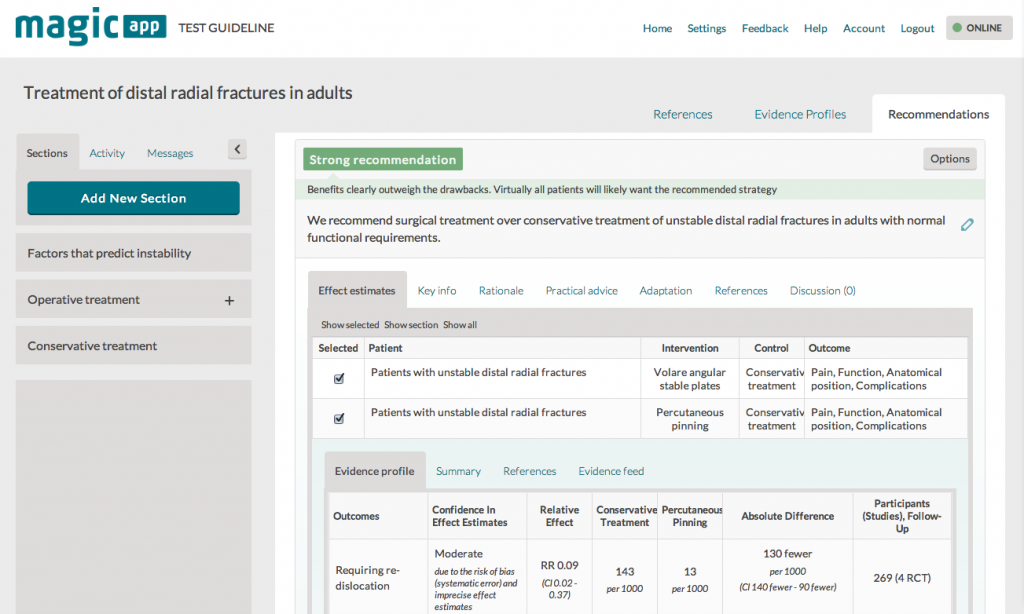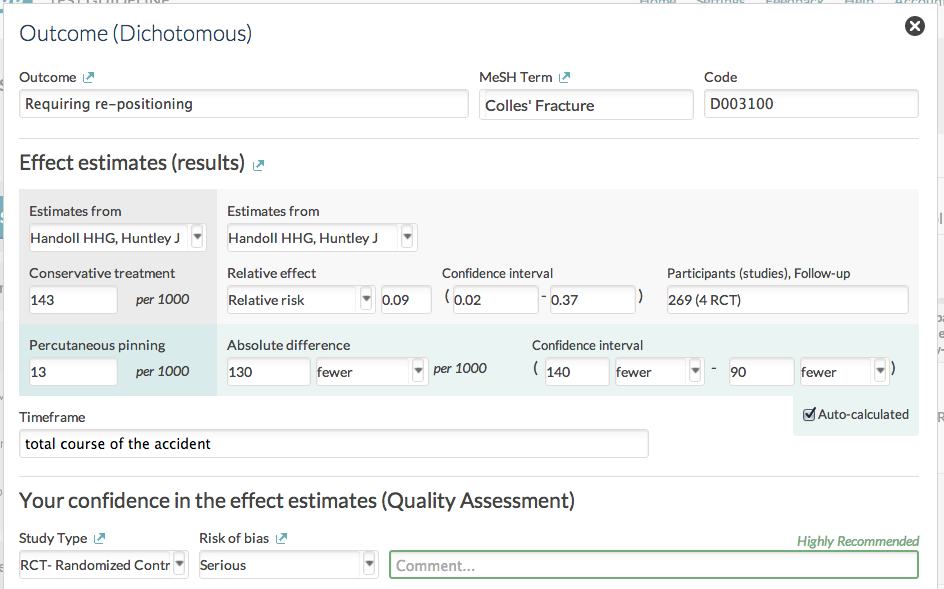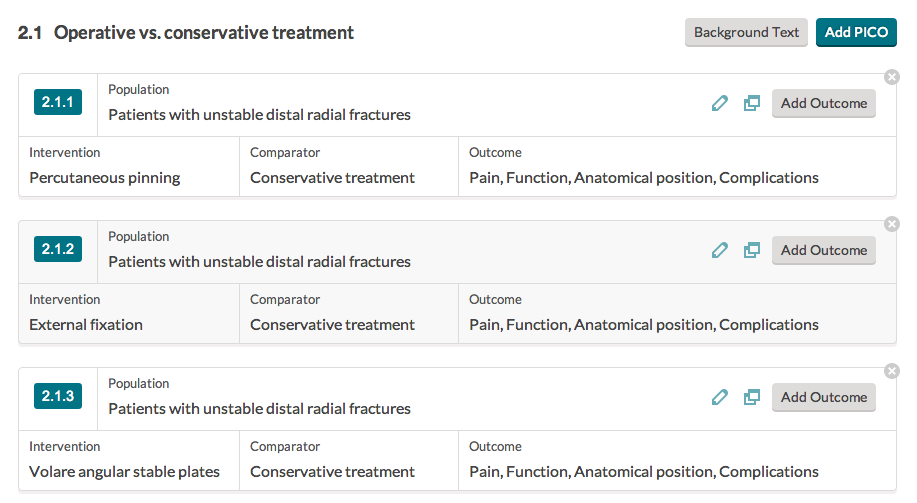The large companies that use Dojo are widely known. This series features lesser known users of Dojo, and their stories. This time, we interview Deno Vichas from Fullstack, a San Francisco-based software consultancy and creators of MAGICapp.

Q: How did you first learn about Dojo?
A: Around the time of Dojo 0.3, I was tasked with building a web based real-time dispatching application. Knowing it was going to be a UI-rich single screen application, I looked around for a library that would ease the pain of building widgets from scratch. After some searching and research, Dojo seemed like the best choice.
Q: Why did you choose Dojo?
A: After having great success with Dojo on past projects, it’s a no brainer to start any large project with it now. For my new project developing a medical guideline authoring platform, I knew Dojo had everything I needed to quickly and successfully build a complex UI, including full internationalization support and a build tool. Since Dojo is a complete toolkit, I knew I didn’t have to piecemeal a bunch of projects together and worry about compatibility, dependency management, and license compliance levels while only using the parts I needed. If I found something that Dojo didn’t solve well, I could easily add in third party libraries like I did with ckEditor and dGrid.
Q: Were you previously using another toolkit?
A: No, before Dojo I was developing everything from scratch and occasionally using third-party JavaScript widgets.
Q: What does your application or service do?
A: MAGICapp enables medical guideline authors to write and publish their guidelines online using the GRADE methodology. Based on the work of the DECIDE and MAGIC research programs, MAGICapp is an easy to use web based application that supports open integration with other software applications and public standards, but does not require additional software to start using.
MAGICapp helps guideline organization to meet standards for trustworthy guidelines while maximizing efficiency and reducing costs throughout the authoring and publishing process. Guideline organization and MAGICapp users also benefit from ongoing high quality research and empirical evidence about optimized strategies for authoring, maintaining, and disseminating trustworthy guidelines at the point of care.
For more information visit the MAGICapp project website.
Q: How does your application use Dojo?
A: The application uses a number of custom Dijits and makes heavy use of dojo/store/Observable and dojo/store/JsonRest, using an application controller much like you have in the app controller recipe. The different Dijits in the application talk with each other using a combination of dojo/topic and dojo/aspect. We started out using the nihilo theme and over time have extended this for a custom look and feel.
Q: Overall what is your user experience with Dojo?
A: At first when using 0.3 it was a little tough since there wasn’t much documentation at that time. My experience has been worlds better now with all the information available on Dojo Toolkit , SitePen, and the dojo-interest mailing list. The toolkit is pretty complete now having most all of the features I need to build modern web applications.
Q: What’s your favorite thing about Dojo?
A: Currently, I really like the new AMD and dojo/store functionality released with version 1.6. The new dGrid is great and lot simpler to work with over the old dojox/grid/DataGrid. The new functionality in dojo/store has really made it a lot faster to get the front and back-end talking with each other. I also like that everything in Dojo is very easy to extend. This made creating custom JsonRest stores for offline use a breeze.



Please also check out the MAGICapp project website to learn more about the project!
Thanks!
Thanks Deno for telling us about your experience with Dojo. If you would like to share your experience with Dojo, please contact us.
One thought on “Case study: MAGICapp by Fullstack”
Comments are closed.